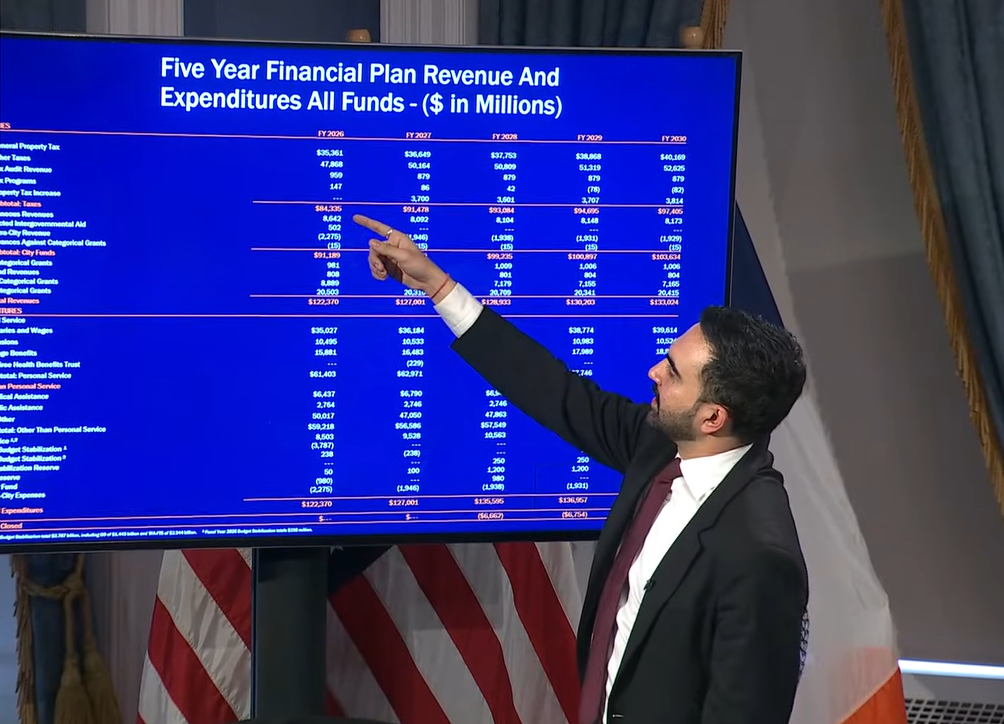[The new “extenders law” enacted late in 2015 retains several key tax provisions and makes them permanent with certain modifications. This is the fourth part of a series of articles on these tax breaks.]
The new tax law signed at the end of last year – the Protecting Americans from Tax Hikes (PATH) Act of 2015 – improves the tax-free transportation benefits that may be offered to employees. For once and all, the PATH Act restores higher benefits for certain expenses, retroactive to 2015, and makes them permanent. Now there is complete parity among the three main tax-free fringe benefits in this area.
The three main benefits are as follows: transit passes, commuter highway vehicle expenses and qualified parking fees.
- Transit passes: A transit pass is any pass, token, fare card, voucher or similar item entitling a person to ride free of charge or at a reduced rate on mass transit or in a vehicle seating at least six adults (not including the driver) if a person in the business of transporting persons for pay or hire operates it. Mass transit may be publicly or privately operated and includes bus, rail, or ferry.
- Commuter highway vehicle expenses: A commuter highway vehicle is any highway vehicle that seats at least six adults (not including the driver). In addition, it must be reasonably expected that at least 80% of the vehicle mileage will be for transporting employees between their homes and workplaces with employees occupying at least one-half the vehicle’s seats (not including the driver’s).
- Qualified parking fees: Qualified parking is parking that an employer provides to its employees on or near the business premises. It includes parking on or near the location from which employees commute to work using mass transit, commuter highway vehicles or carpools. However, it doesn’t cover parking at or near the employee’s home.
Under prior law, the maximum tax-free monthly benefit was scheduled to be cut from$250 to $130 – almost in half – for transit passes and commuter highway vehicle expenses. The maximum tax exclusion for qualified parking fees was set to stay at $250 per month. Now the PATH Act equalizes the maximum monthly benefits for transit passes and commuter highway vehicle expenses with qualified parking fees. The maximum $250 tax-free monthly benefit is restored for 2015 and made permanent.
What’s more, the new law provides for indexing for 2016 and thereafter. The inflation-indexed maximum benefit for 2016 has already been announced as $255.
Finally, an employer may reimburse employees tax-free at a rate of up to $20 per month for bicycle commuting expenses. Payments can cover reasonable costs such as bicycle purchases, other equipment purchases, repairs and storage. However, if an employee uses this tax break, he or she can’t receive any of the three other tax-free transportation benefits. This benefit remains unchanged by the PATH Act.
Thanks for reading CPA Practice Advisor!
Subscribe Already registered? Log In
Need more information? Read the FAQs
Tags: Benefits, Income Taxes



